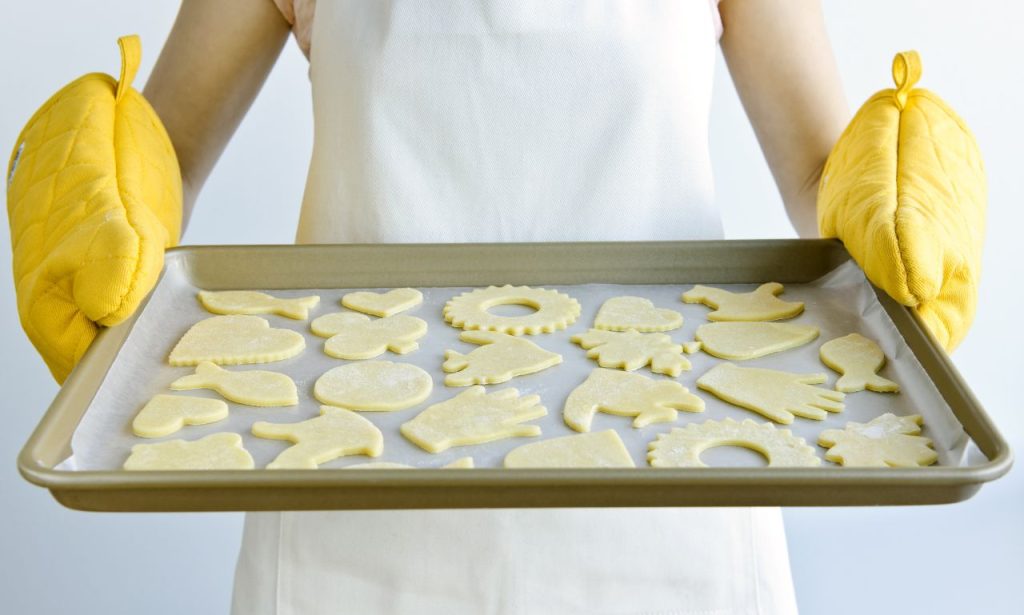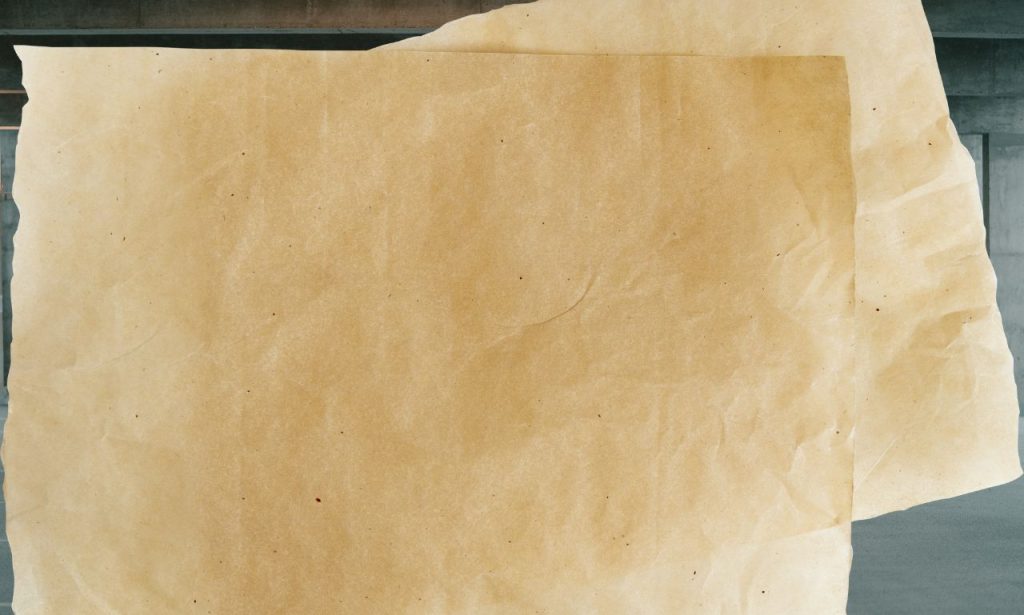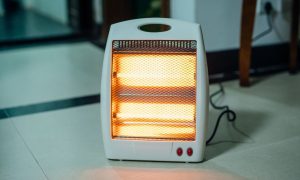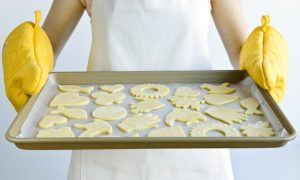If you’re an avid baker, you’ve likely encountered the frustrating phenomenon of a baking sheet warping in the oven. The loud pop, followed by the sight of a twisted sheet, can ruin your baking experience. Understanding why this happens can help you choose better baking sheets, avoid common pitfalls, and ensure your cookies and pastries come out perfectly every time. In this comprehensive guide, we’ll explore the intricacies of baking sheet warping, delving into its causes, prevention, and solutions.
Understanding Baking Sheet Warping
How Baking Sheets Are Made
To grasp why your baking sheet warps, it’s essential to understand how they are made. Baking sheets typically consist of a single piece of metal, often aluminum or stainless steel, that is pressed or rolled into shape. The manufacturing process involves several steps, including cutting, forming, and sometimes welding, which can introduce stresses into the metal.
Materials Used in Baking Sheets
The material of your baking sheet plays a significant role in its propensity to warp. Here’s a look at common materials:
- Aluminum: Lightweight and excellent at conducting heat, but prone to warping under high temperatures.
- Stainless Steel: Heavier and more durable, with a lower tendency to warp, but not as effective in heat distribution.
- Carbon Steel: Known for its strength and even heat distribution, but can rust if not properly maintained.
- Non-stick Coatings: Often applied to the above materials, these can affect heat distribution and durability.
Thickness and Quality Considerations
The thickness of the metal is a critical factor. Thicker sheets are less likely to warp because they can withstand temperature changes better. However, higher quality often means higher cost. Investing in a thicker, high-quality sheet can save you from the headaches of warping.
The Science Behind Warping

Thermal Expansion Explained
When metals are heated, they expand. This principle, known as thermal expansion, explains why your baking sheet warps. Different parts of the sheet may expand at different rates, leading to stress and deformation.
Effects of Rapid Temperature Changes
Rapid temperature changes exacerbate warping. Placing a cold sheet into a hot oven or a hot sheet onto a cold surface causes sudden expansion or contraction, which the metal can’t handle gracefully.
Uneven Heating and Stress Points
Uneven heating occurs when parts of the baking sheet are exposed to different temperatures. This can happen if your oven has hot spots or if the sheet isn’t placed properly. Stress points, such as corners and edges, are more susceptible to warping due to concentrated forces.
Common Causes of Warping
Quality of Metal and Design Impact
Lower quality metals and poor design can make a baking sheet more prone to warping. Cheap sheets often use thinner metal and lack structural reinforcements like rolled edges or ridges that help maintain shape.
Improper Usage and Handling Techniques
How you use and handle your baking sheets also matters. Overloading a sheet with heavy items or using it for purposes it’s not designed for (like grilling or roasting at high temperatures) can cause warping.
Overloading Baking Sheets
Placing too much weight on your baking sheet can lead to deformation. Ensure that you distribute the weight evenly and avoid overloading to maintain its shape.
Exposure to Extreme Temperatures
Consistently exposing your baking sheet to extreme temperatures, whether in the oven or during cleaning, increases the risk of warping. Avoid sudden temperature changes to prolong the life of your baking sheet.
Signs Your Baking Sheet is Warping
Visible Bending or Twisting
A clear sign of warping is visible deformation. If your baking sheet looks bent or twisted, it’s a sign that it has undergone structural changes due to stress and temperature.
Uneven Cooking or Baking Results
Warped baking sheets can lead to uneven cooking or baking. If you notice that your cookies are browning more on one side or that your pastries are not cooking evenly, a warped sheet might be the culprit.
How to Prevent Warping

Choosing High-Quality Baking Sheets
Investing in high-quality baking sheets can save you from the hassle of warping. Look for sheets made from thicker metal and those with structural reinforcements. Brands known for their durability and performance are often worth the extra cost.
Best Handling Practices
Proper handling of your baking sheets can prevent warping. Avoid placing hot sheets on cold surfaces and vice versa. Use oven mitts to handle hot sheets and allow them to cool gradually.
Gradual Temperature Adjustments
When baking, avoid shocking your baking sheets with sudden temperature changes. Preheat your oven before placing the sheet inside and let the sheet warm up gradually. Similarly, allow the sheet to cool down slowly after baking.
Allowing Adequate Cooling Time
After baking, give your sheet adequate time to cool down before washing or storing it. Placing a hot sheet under cold water or on a cold surface can cause warping due to rapid contraction.
When to Replace Warped Baking Sheets
Even with the best care, baking sheets can eventually warp beyond usability. If your sheet is significantly deformed, causing uneven baking results, it may be time to replace it. Investing in a new, high-quality sheet will improve your baking outcomes and save you from frustration.
Conclusion
Understanding why your baking sheet warps in the oven can help you make informed decisions about the materials and care of your baking tools. By investing in high-quality sheets, handling them properly, and avoiding extreme temperature changes, you can prevent warping and enjoy consistent, perfect baking results.
ALSO READ: Why Does Coconut Water Taste Bad?
FAQs
Visible bending or twisting and uneven cooking results are clear indicators of a warped baking sheet.
Stainless steel and thicker aluminum sheets are less likely to warp compared to thinner, lower-quality aluminum sheets.
While some minor warping can be corrected by bending the sheet back into shape, significant warping usually means it’s time for a replacement.
Allow your baking sheets to cool completely before washing them. Avoid using cold water on a hot sheet to prevent rapid temperature changes.
Non-stick coatings can affect heat distribution, but the underlying material and thickness are the main factors in warping. High-quality non-stick sheets made from durable materials are less likely to warp.




